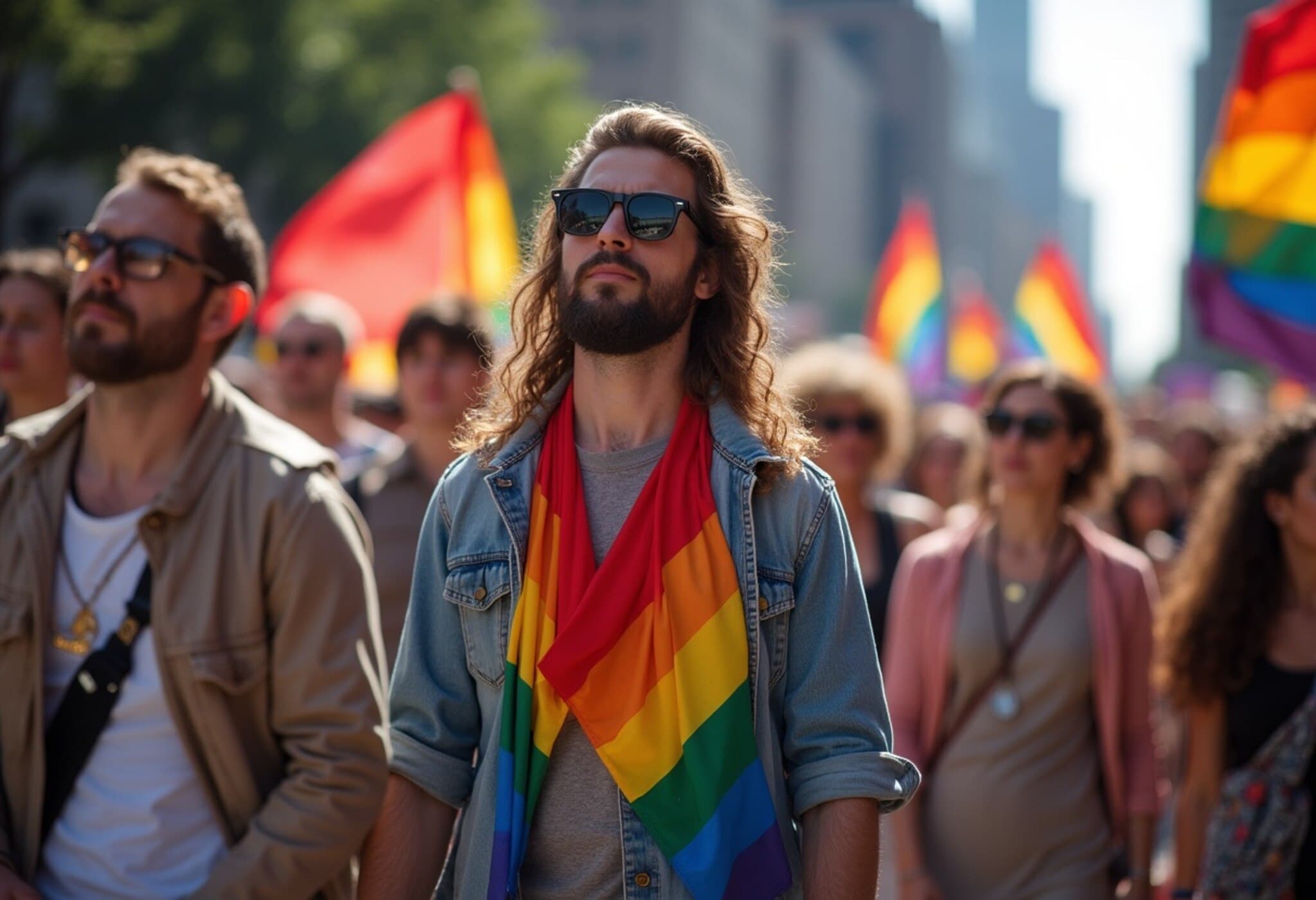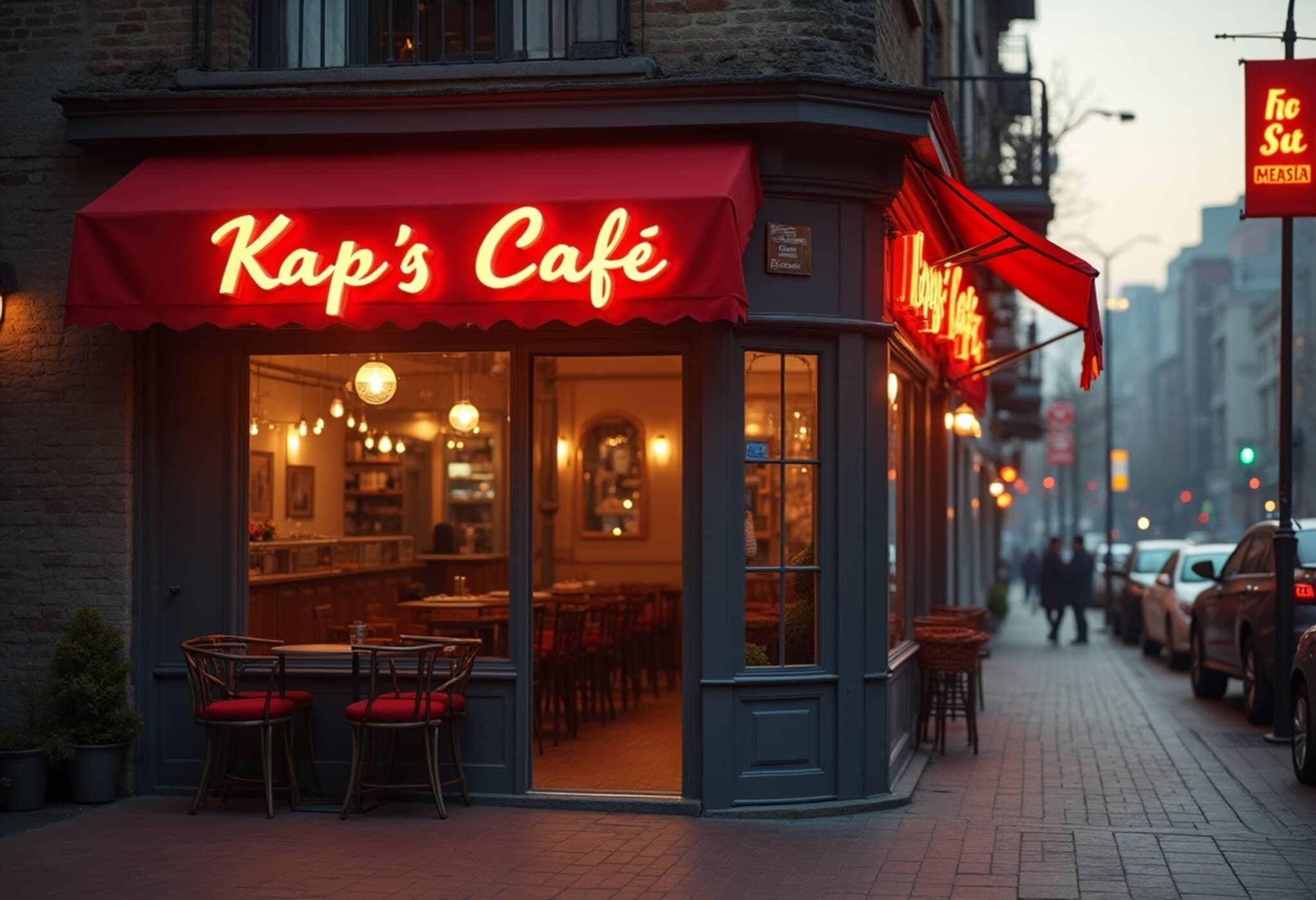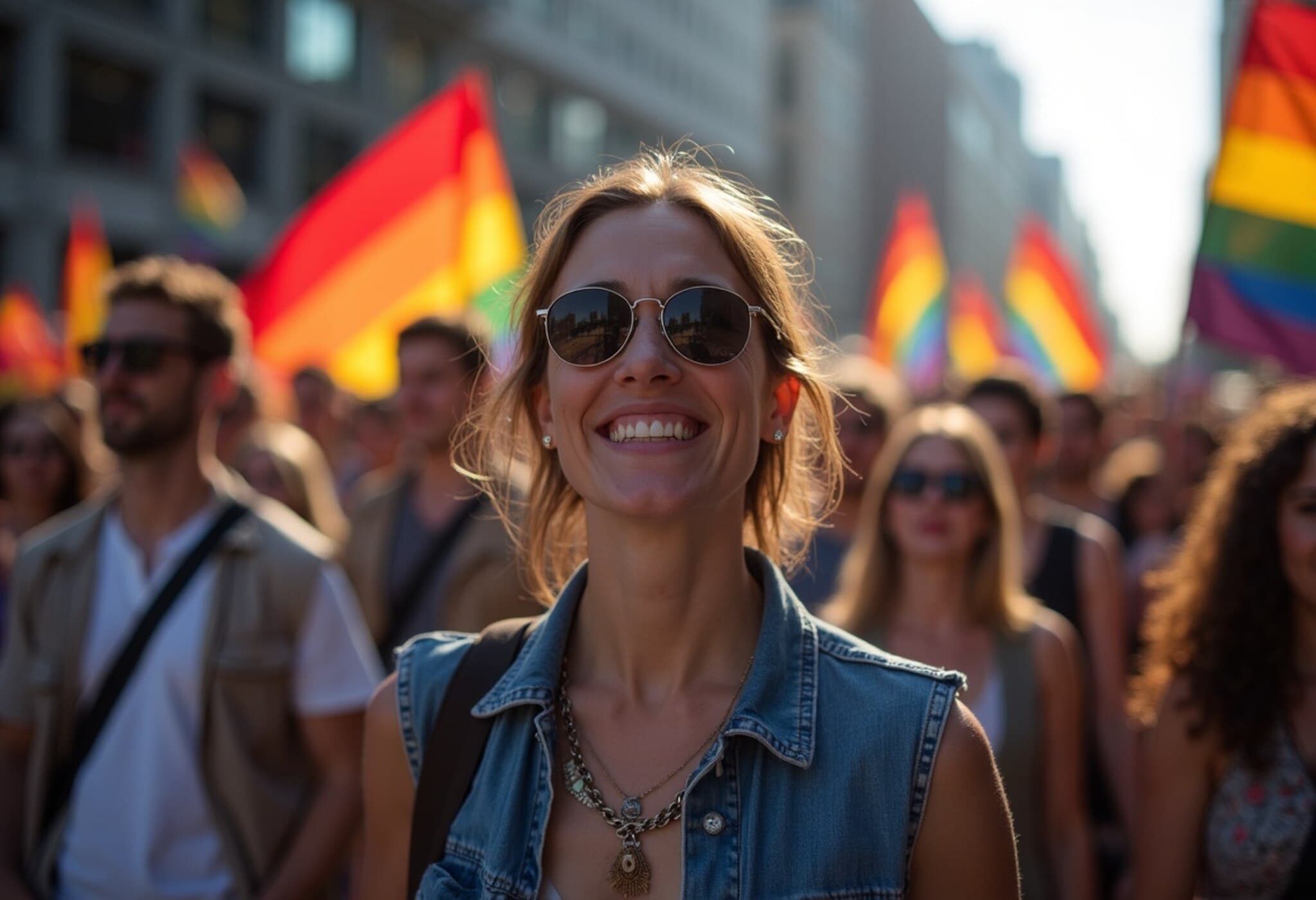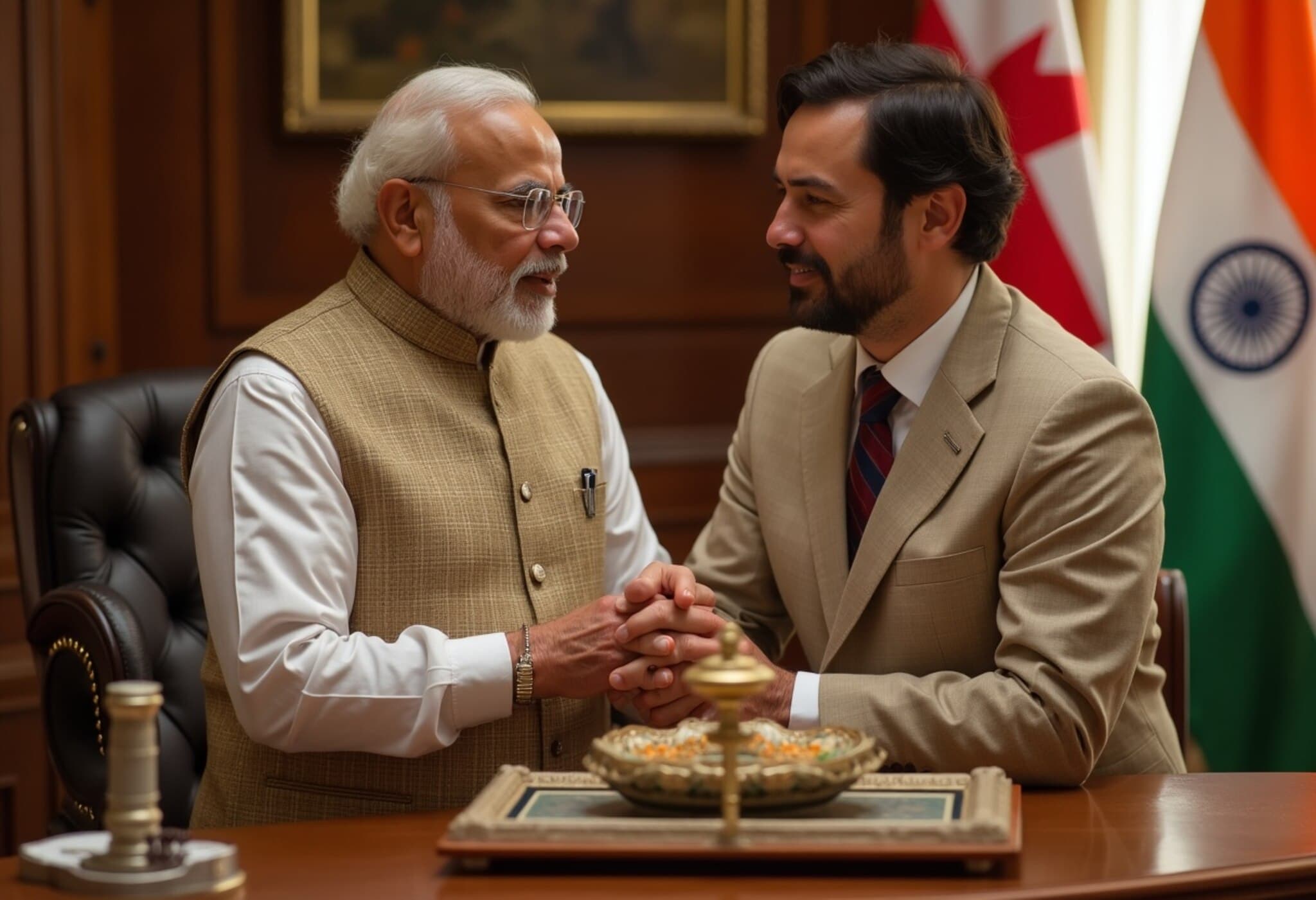New York City Pride Parade Grapples with Funding Challenges Amid Corporate Withdrawal
New York City's iconic Pride Parade, renowned as the largest annual LGBTQ+ celebration in the United States, is navigating a significant funding shortfall as corporate sponsorships dwindle. The event, scheduled for June 29, anticipates a crowd of up to two million attendees, yet organizers face the pressing challenge of bridging a financial gap left by several companies pulling back amid a shifting political landscape.
Corporate Donations Decline Amid Political Pushback
Following intensified criticism of diversity, equity, and inclusion initiatives from political figures, numerous corporations have either canceled or reduced their financial support for Pride events this year. This retreat from sponsorship has prompted organizers to seek fresh avenues for fundraising.
Kevin Kilbride, spokesperson for NYC Pride, acknowledged that the organization has achieved approximately 80 percent of its fundraising goal. To address the remaining shortfall, NYC Pride has launched a peer-to-peer community fundraising campaign encouraging individuals to create their own fundraisers online, spreading the word and gathering donations within their networks.
Community Steps Up to Fill the Void
Within days of initiating this grassroots fundraising effort, NYC Pride successfully raised nearly $25,000 from almost 200 donors. This growing emphasis on individual contributions signals a strategic pivot away from traditional corporate dependency toward enhanced community engagement.
Historically, Manhattan's Fifth Avenue has been a vibrant stage for extravagant floats sponsored by large corporations alongside grassroots groups. While some companies continue to participate this year, others have discreetly scaled back their involvement.
Experts Highlight a Broader Shift in Corporate Philanthropy
Muneer Panjwani, founder of Engage for Good, observes a notable pullback over the past year from corporations that once consistently supported Pride events. His organization connects businesses with nonprofits and tracks consumer-driven charitable giving at points of sale.
"Even as corporations retract their philanthropic contributions, consumer interest in supporting LGBTQ+ causes remains robust," Panjwani explained.
Mixed Signals from Major Brands
One prominent example is discount retailer Target, which initially intended to quietly support New York Pride without public acknowledgment but later reinstated its parade float. This comes amid backlash against the company following its reduction of diversity programs and an online boycott campaign that impacted its stock price.
A Target representative confirmed ongoing commitment by stating, "We will continue to mark Pride Month by sponsoring local events nationwide."
Voices from the Community Emphasize Grassroots Roots
At Brooklyn’s more intimate and historically radical Pride event, Councilman Chi Osse criticized corporate retrenchment as kowtowing to political pressure, emphasizing that Pride sprung from community activism. Anya Glowa-Kollisch, leading a motorcycle club contingent, echoed this sentiment, noting that while corporate support is welcome, the movement's true power lies in grassroots demand for equal rights.
"Pride is driven by people demanding their rights, not just companies doing the minimum because they feel obliged," Glowa-Kollisch remarked.
This year, as NYC Pride recalibrates its fundraising strategy, the enduring spirit of the community continues to shine through, underscoring the vital role of individual empowerment in sustaining the march toward equality.





